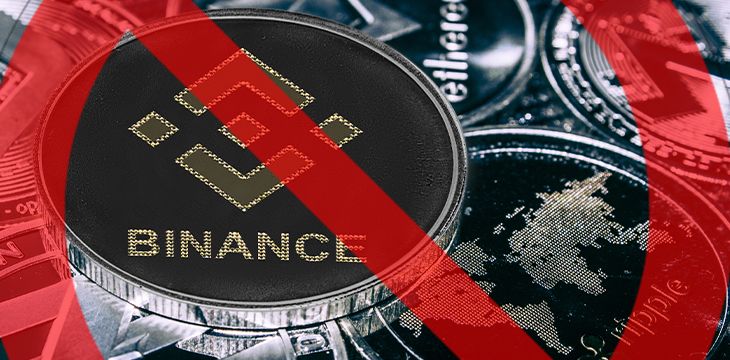|
Getting your Trinity Audio player ready...
|
Brazilian securities market regulator has ordered Binance digital currency exchange to cease offering derivative products in the South American country. The regulator claimed that the exchange hasn’t obtained the necessary authorization and was thus offering the products illegally.
The Brazilian Securities and Exchange Commission, locally known as the Comissão de Valores Mobiliários (CVM), stated that derivatives are securities, regardless of the underlying assets. Binance has not received the required licenses to act as a securities intermediary in Brazil, which means it has been offering derivatives in the country illegally.
In its order, the watchdog warned the public against investing in the exchange’s derivative products. It further warned Binance to “immediately suspend the broadcasting of any public offering of securities intermediation services, directly or indirectly, including through the use of internet pages, applications or social networks.”
Failure to comply with the order will attract a daily fine of 1,000 reals ($187), the regulator warned.
The report claimed that Binance has a website that caters to Chinese traders, allowing them to open accounts and purchase digital currencies. Chinese authorities are yet to act on the information, although Binance was quick to deny the claims.
The order to leave Brazil will come as a blow to Binance as it tries to expand its derivatives business. The exchange still trails the two market leaders in the sector—Huobi and OKEx. In June, the two facilitated $122.4 billion and $106.9 billion worth of trading volume respectively.
The decision by the CVM signifies the stance taken by the region’s regulators towards digital currencies. In May, Argentina’s anti-money laundering agency urged for tighter regulations for the digital currency industry. The agency claimed that it suspected the spike in trading volume was as a result of money laundering activities.
In Brazil, the environment has been worse. Digital currency operators have been denied access to basic banking services. While the country’s courts have largely sided with the industry, many banks still deny digital currency operators basic services.
The tough environment has led to the shutdown of a number of exchanges, including Latoex and XDEX.

 02-22-2026
02-22-2026 




